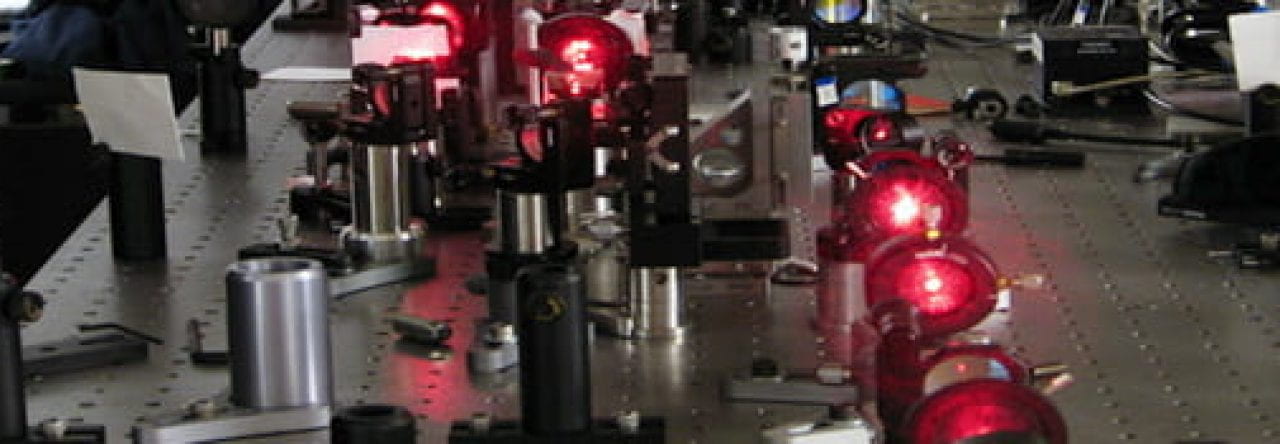An interdisciplinary group of experts came together at Brown University for the second in a series of Home Health Technologies in 2032 meetings, namely Workshop 2: Healthcare Technologies in the Living Environment, to explore how emerging technologies might better support improved health and well-being without ever leaving home. Over the course of a day and a half in early June, working groups made of up varying stakeholders identified how in-home tech could drive paradigm shifts in healthcare, paying particular attention to solutions that would reduce the load on healthcare systems, address accessibility and equity for all populations and could realistically be translated into the home itself within ten years.
For more details about the event, please visit: https://engineering.brown.edu/news/2022-06-14/hht-32-part-2


